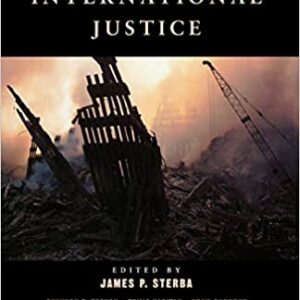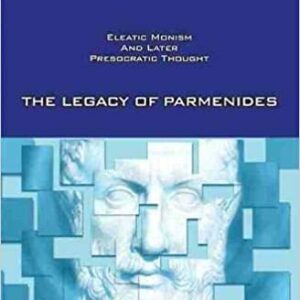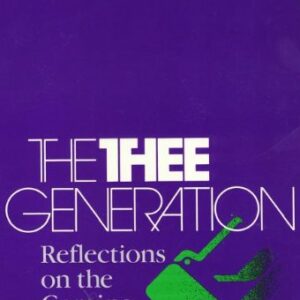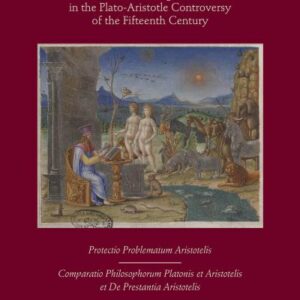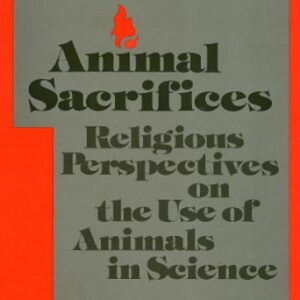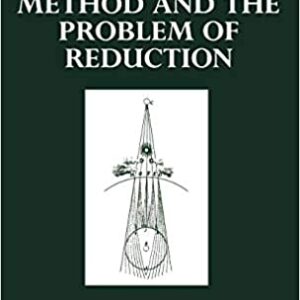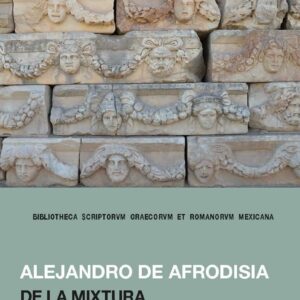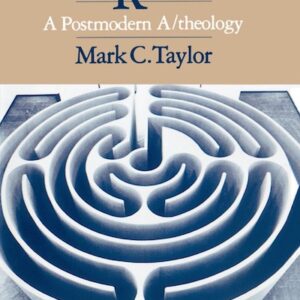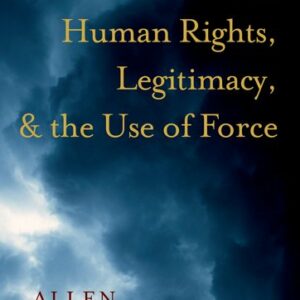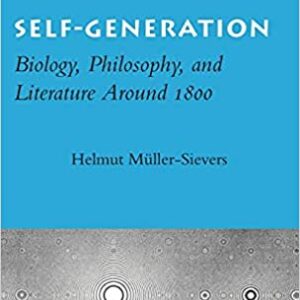
Self-Generation: Biology, Philosophy, and Literature Around 1800
By Helmut Müller-Sievers (NHC Fellow, 1994–95) The genealogy and function of epigenesis—the theory that organisms generate themselves under the guidance of a formative drive—provides a unique means of understanding the profound changes in philosophy, philosophy of language, and literature at the turn of the nineteenth century. The book begins by describing how and why epigenesis … Continued
